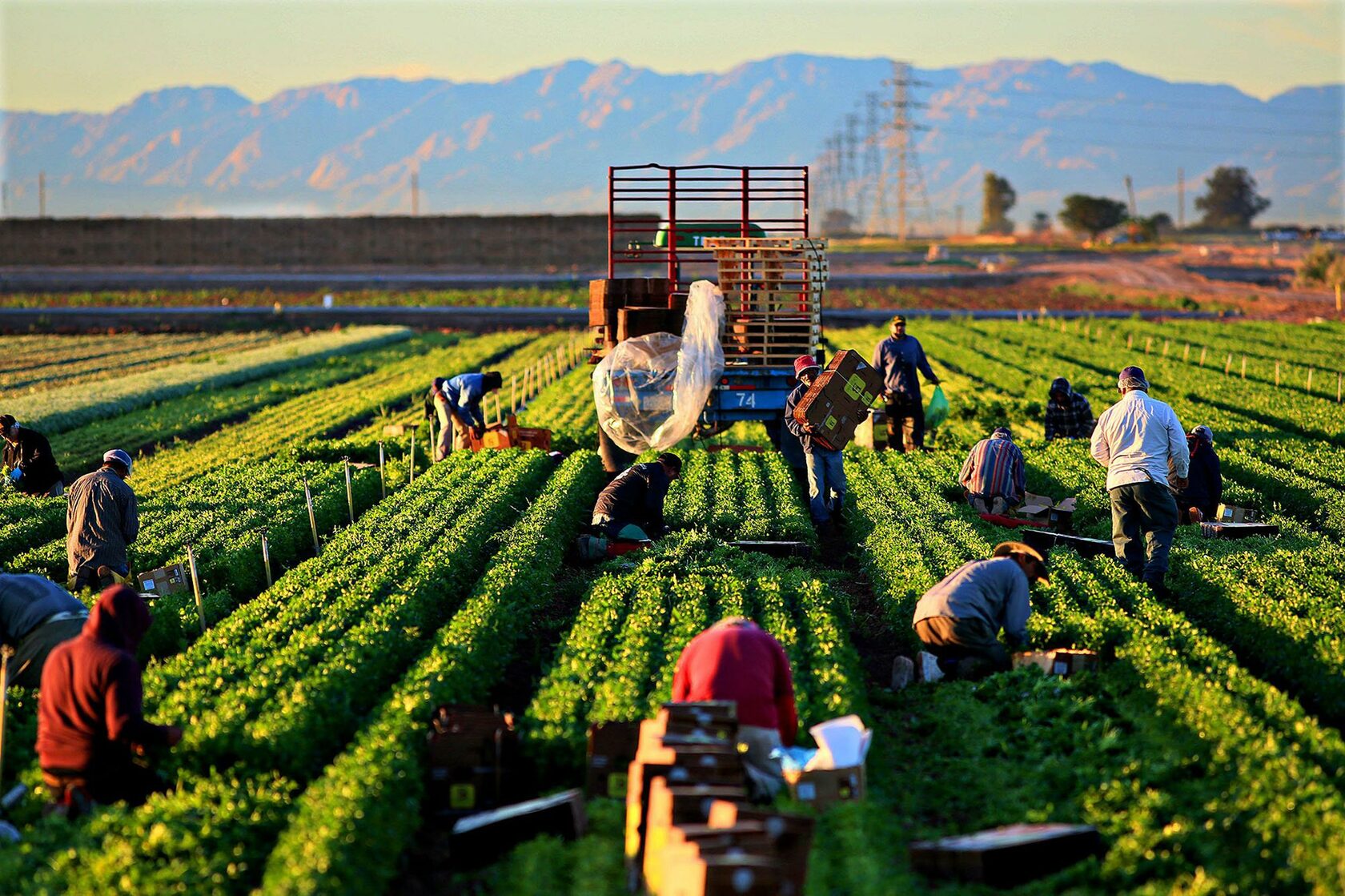Introduction:
Farming is an integral part of Australia’s economy, contributing significantly to the nation’s agricultural output and rural communities. As of 2024, the farming industry in Australia offers diverse job opportunities for individuals passionate about agriculture and rural life. This article delves into the requirements, duties, salary, and benefits associated with farming jobs in Australia.
Farming Jobs in Australia:
If you aspire to work in the farming industry in Australia, meeting essential requirements is crucial. Apart from possessing the requisite skills and experience, demonstrating a genuine passion for agriculture and a strong commitment to the job are essential.
Duties of a Farmer in Australia:
Successful farmers in Australia are adept at carrying out a range of duties essential for agricultural operations, including:
Operating machinery and equipment: Farmers are responsible for operating various agricultural machinery and equipment efficiently and safely.
Planning and management: Effective planning, organization, and management of farming operations, including crop cultivation, livestock management, and land utilization, are key responsibilities.
Supervision: Farmers oversee and supervise farm workers, delegating tasks and ensuring the smooth functioning of daily operations.
Maintenance: Regular maintenance and repair of farm equipment and infrastructure are essential to ensuring operational efficiency.
Livestock care: Farmers are involved in the care and management of livestock, including feeding, health monitoring, and breeding.
Marketing: Some farmers may also be responsible for marketing farm products, establishing market channels, and promoting their agricultural produce.
Salary and Benefits of Working as a Farmer in Australia:
The average annual salary for a farmer in Australia is approximately $69,000 AUD. In addition to competitive pay, farmers enjoy several benefits, including:
Enjoy some well-deserved time off. Farmers are provided with one to two weeks of paid annual leave, giving them the opportunity to relax and recharge.
Offering paid sick leave is a valuable benefit that ensures employees receive financial support when they are unable to work due to illness or injury. This policy typically provides five to ten days of paid time off, allowing individuals to focus on their health without worrying about lost income.
Embracing flexibility: creating opportunities for individuals to have more control over their working hours and arrangements, allowing them to better balance their personal and family commitments.
Some employers may provide tuition assistance or education benefits for the children of farmers, helping them pursue their educational goals.
Experience and skills required:
In order to work on a farm in Australia, there are certain essential requirements that individuals must meet:
Work visa: It is essential for foreign workers looking for farming jobs in Australia to have a visa that allows them to work.
Having a relevant qualification, such as a diploma in agriculture or a strong understanding of agricultural practices, can greatly benefit individuals who are interested in pursuing a career in farming.
Passion and experience: It is crucial to have a true love for agriculture and hands-on experience working with the land and animals.
Physical fitness is crucial for farming jobs in Australia. These positions demand individuals who are in good physical shape and able to work long hours outdoors, regardless of the weather conditions.
Conclusion:
Working in the agricultural industry in Australia provides fulfilling career prospects for those who have a deep love for farming and the countryside. Farmers are crucial to Australia’s agricultural sector, ensuring essential requirements are met, carrying out diverse duties, and enjoying competitive salary and benefit packages. Their contribution to the nation’s food security and economic prosperity cannot be overstated.

